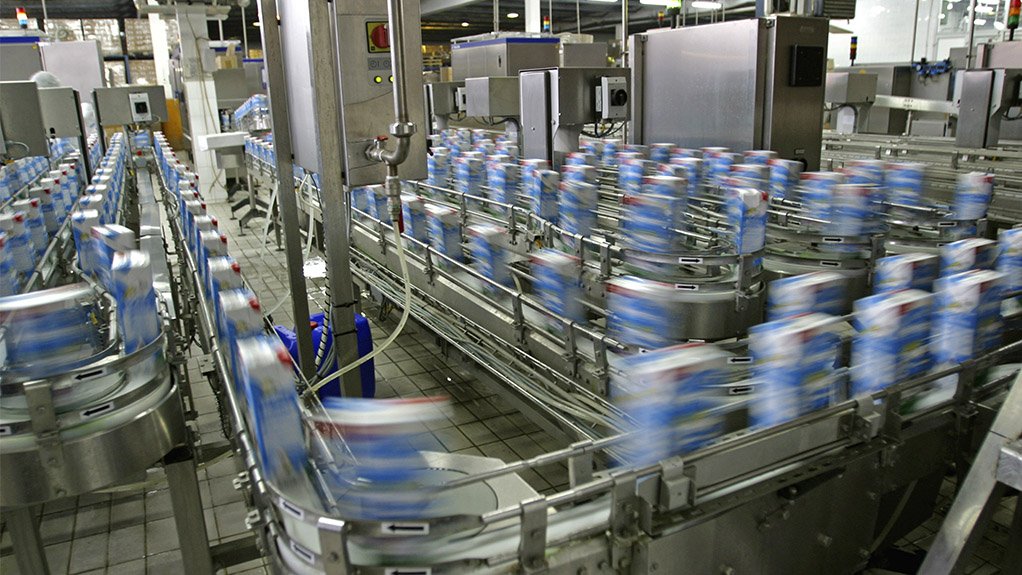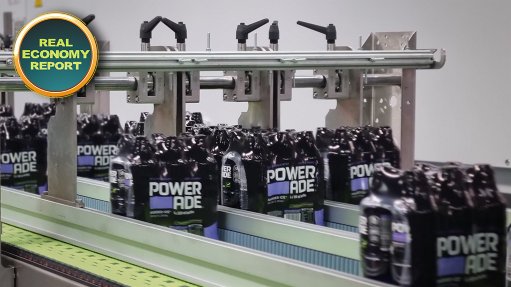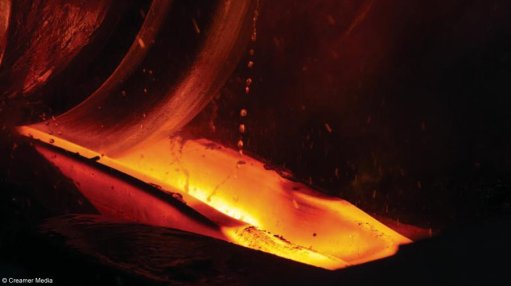Stricter compliance regulations for chemical disinfectants



EMMA CORDER Consultations determine which chemicals would best suit a company’s requirements and assists in providing a methodology that would best suit the application of these products
UP TO STANDARD Consumers can now rest assured that the chemical disinfectant they bought has been tested and is within its expiry date
The Covid-19 pandemic has resulted in a dramatic increase in the demand for disinfectants to help mitigate the spread of the virus, which, in turn, has prompted the need for strict compliance in industrial and domestic cleaning companies and chemical cleaning suppliers.
In 2017, the Department of Trade, Industry and Competition published an amendment to the compulsory specification for chemical disinfectants, which comes into effect in October 2020.
This legislation includes the compulsory testing and labelling of chemical disinfectants, and consumers can now be satisfied that chemical disinfectants sold in South Africa must comply with the minimum safety requirements and be registered by the National Regulator for Compulsory Specifications.
Consumers can now rest assured that the chemical disinfectant they bought has been tested and is within its expiry date. This amendment also ensures that the product is safe if it is used as indicated on the label.
Industrial cleaning product manufacturer Industroclean quality systems auditor Lee O’Reilly explains that these regulations apply to chemical disinfectants that are used on hard surfaces in the food, industrial, domestic and health industries to kill micro-organisms. It does not apply to products for use on people or animals.
“While the previous regulations focused mostly on those chemical disinfectants which kill bacteria, the new regulations bring us in line with European standards and include specifications for other micro-organisms, such as viruses, spores and fungi,” says O’Reilly.
O’Reilly explains that the label or package insert of the chemical disinfectants must contain all the relevant information, including the micro-organisms against which the product is effective and clear instructions on how the product should be used.
She adds that all labels must also include warnings, handling instructions and first aid measures to be taken for contact with the skin or eyes, or if it is swallowed. Labels should also include storage information and the product’s compatibility with other substances.
“All products must be tested for effectiveness against the various categories of micro-organisms. Testing requirements for chemical disinfectants used in the food, industrial, domestic and institutional sectors will be different from the tests used for the medical sector,” she explains.
O’Reilly cautions, however, that there are many noncompliant products on the market that range from coloured water to hazardous substances that can pose a serious threat to the environment and human and animal lives.
Meanwhile, the appropriate products are supplied to companies in different industries based on consultation with customers, notes Industroclean MD Emma Corder.
These consultations determine which chemicals would best suit a company’s requirements and assist in providing a methodology suitable for the application of these products.
“A supermarket or office may have porcelain fittings and flooring, which may respond to the same chemicals; however, the supermarket may require a food-safe application. Similarly, high-traffic areas may require more frequent or periodic deep cleaning or disinfection using another chemical to maintain the required levels of hygiene and appearance,” Corder concludes.
Comments
Press Office
Announcements
What's On
Subscribe to improve your user experience...
Option 1 (equivalent of R125 a month):
Receive a weekly copy of Creamer Media's Engineering News & Mining Weekly magazine
(print copy for those in South Africa and e-magazine for those outside of South Africa)
Receive daily email newsletters
Access to full search results
Access archive of magazine back copies
Access to Projects in Progress
Access to ONE Research Report of your choice in PDF format
Option 2 (equivalent of R375 a month):
All benefits from Option 1
PLUS
Access to Creamer Media's Research Channel Africa for ALL Research Reports, in PDF format, on various industrial and mining sectors
including Electricity; Water; Energy Transition; Hydrogen; Roads, Rail and Ports; Coal; Gold; Platinum; Battery Metals; etc.
Already a subscriber?
Forgotten your password?
Receive weekly copy of Creamer Media's Engineering News & Mining Weekly magazine (print copy for those in South Africa and e-magazine for those outside of South Africa)
➕
Recieve daily email newsletters
➕
Access to full search results
➕
Access archive of magazine back copies
➕
Access to Projects in Progress
➕
Access to ONE Research Report of your choice in PDF format
RESEARCH CHANNEL AFRICA
R4500 (equivalent of R375 a month)
SUBSCRIBEAll benefits from Option 1
➕
Access to Creamer Media's Research Channel Africa for ALL Research Reports on various industrial and mining sectors, in PDF format, including on:
Electricity
➕
Water
➕
Energy Transition
➕
Hydrogen
➕
Roads, Rail and Ports
➕
Coal
➕
Gold
➕
Platinum
➕
Battery Metals
➕
etc.
Receive all benefits from Option 1 or Option 2 delivered to numerous people at your company
➕
Multiple User names and Passwords for simultaneous log-ins
➕
Intranet integration access to all in your organisation



















